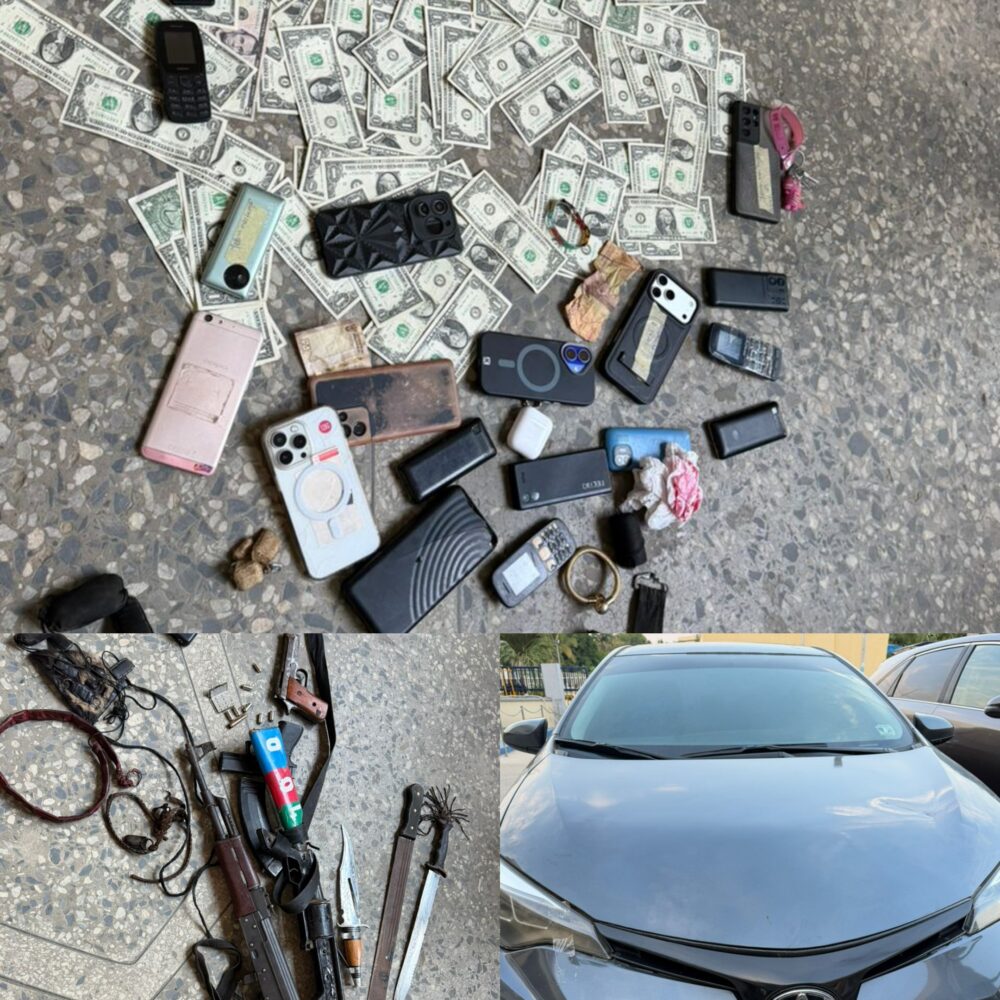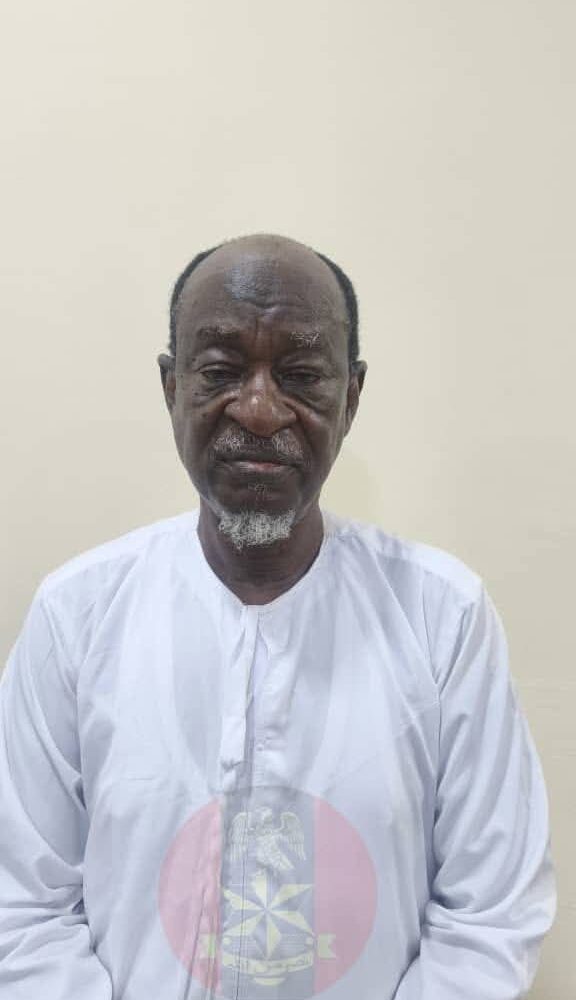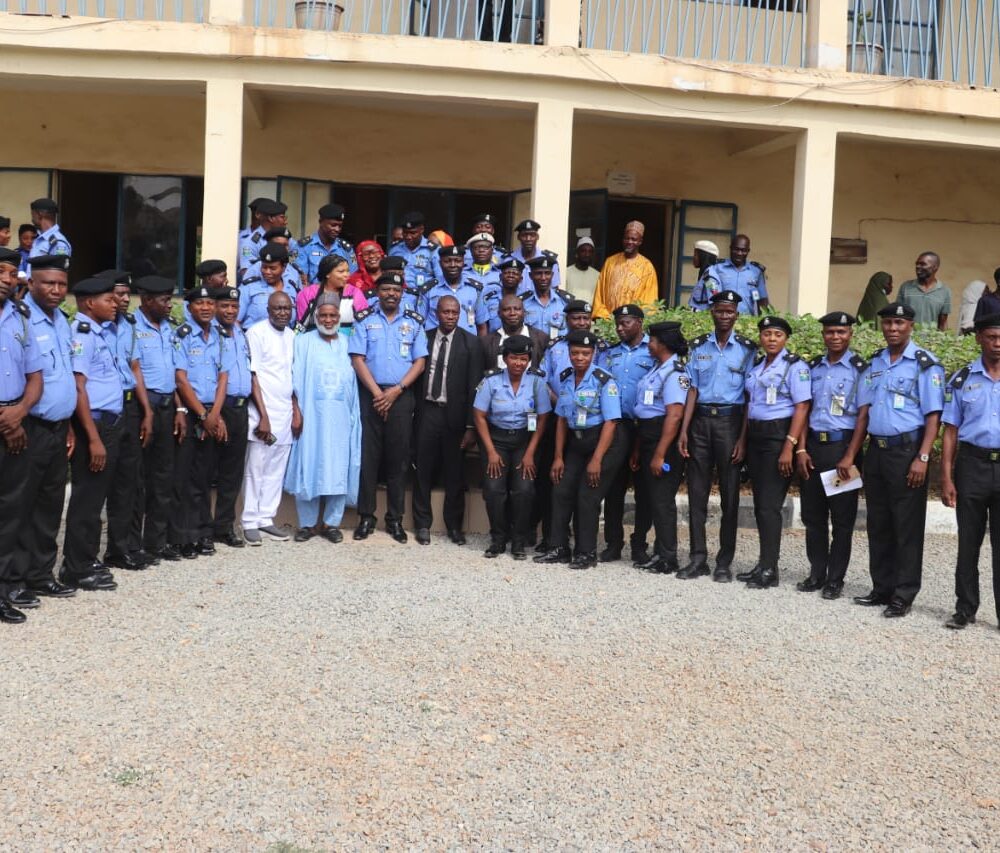The grief experienced by Nigerians on the murder of innocent worshippers on the first day of the year in Omoku community is very symbolic. People were in a celebratory mood and more significantly thanking God and congratulating themselves, their family and friends on making it into a new year, little did they know their celebration will be short-lived. In the freshness of the New Year, defenceless citizens among whom were many women and children were killed.
Besides the symbolism of the timing, this type of killing was nothing new to Omoku and the neighbouring communities which had now become killing fields. In more than two and half years now these communities have experienced acts of mindless killings, kidnapping and arson. At the last count, residents suggest that more than two thousand persons might have lost their lives while another six thousand are displaced. Properties worth millions of naira are either destroyed or looted. Most of the murders were committed in a most dastardly and horrific manner. Some of the victims were reportedly beheaded first and then burnt. In recent times, these acts of bloodletting are most mindless, inexplicable and unjustifiable.
In following with the feeling of grief, fear, and helplessness that has overwhelmed the community residents, the news of the death of one of the kingpins of terror, Prince Igwedibia a.k.a Don Waney created an instant celebration and even frenzy across Rivers State and a whole country. Expectedly, a few hours after the news of his demise filtered into the social media space, many people were still doubtful and apprehensive. This is owing to their experience in November, where it was announced that Mr. Igwedibia had been killed by security agents and his shrine was successfully raided. However, it became a rumour when it turned out that Mr. Igwedibia had escaped through the nearby stream back to his hideout. He returned on the New Year eve on revenge mission and in another way to asset his invincibility. Unfortunately, this became his waterloo, but even in his death this time around, many people insist they must see his corpse before they could believe and equally celebrate.
Beyond the frenzy, I wish to commend the security agencies who worked together to bring the reign of this self-acclaimed Don of terror to a cowardly end. However, I am prepared to argue that it will be childish and even foolhardy to think that his death will automatically end the crisis. No. History is replete with examples of where the death of a gang leader resulted in reprisals or formation of more lethal factions of the same gang. We must therefore be cautious as we take a cursory look at the political and economic undercurrents of the crises and engage in some deliberate soul searching. Without prejudice to any on-going investigations, it will not be out of place to ask whether any person, group or organization have directly has benefitted from the crisis.
I am sure that many people have forgotten that these communities are one of biggest oil-bearing communities in the whole state. Until date at least two multinational oil companies – TotalFinaElf and Agip still operate there. Why is it that their operations have been on-going amidst these reports of unrest and protracted insecurity? Is it possible that they were neutral bystanders to this level of conflict among their host communities? Should we excuse them as good neighbours or should we associate the abundance of the ‘devil’s excrement as part of the initial reasons why the communities became factionalized? I will be curious to know how these companies have managed to pull this off. In addition, many observers will also be interested to know whether the level of infrastructural development in that local government will justify their contribution to our national treasury or confirm that they have produced two former Managing Directors of the Niger Delta Development Commission!
To be candid, it will be almost impossible to convince any objective observer that the names of these multinationals are not and should not feature somewhere in the conflict matrix. When host communities are embroiled in crisis and insecurity, it gives oil companies reasons to shift the blameabout their corporate social responsibility commitments. Furthermore, there is a background of the proliferation of youth organizations, which is a familiar story of oil-bearing communities in the Niger Delta especially as they scramble for the ‘largesse’ of compensation and community relations benefits from these oil companies. The case of Omoku and indeed other communities in Ogba, Egbema Ndoni local government are not different. You will hear names likeFederated Egi Youth Association, Erema Youth Association, Akabuka Youth Movement, Ogbogu Youth Front, Okposi Youth Association and many others. Every tiny community had at least two youth associations established in a quest to organize themselves into a platform to get a share.
A conspiratorial silence of the traditional institutions in these communities unsettles me. Could it be because of their helplessness or complicity? The attraction of an average youth in Rivers State to cultism has reached a worrisome dimension– indeed a long time ago. You will hear names like Icelanders, Greenlanders, Elegemface, Degbam, Deewell, Bush Boys, Blood Hunters, Sea Vipers among those based in several higher institutions across the state. Some reliably informed me that gangs were suppressed somewhat during the Chibuike Amaechi administration, the period between 2007 and 2014. Is it true that most cultists went underground because of the discomfort the policies of that administration gave them?Many of the known cult reportedly relocated outside the state to places like Warri and Lagos State with only occasional nocturnal visits. How and when did they come back? Who are the forces behind them and who are their sponsors? Who provides the resources for the kind of arms they stockpile and brandish?
In the case of Omoku, the period before the 2015 elections witnessed the initial peak of the killings. Part of this was said to be as a result of the reported mergers among cult groups and the attendant supremacy war. Many people pointed at the Icelanders and the Greenlanders – groups whose leaders are known to the public. As the war raged, rival groups were fingered in several cases of kidnapping and ransom collection apparently to raise money to buy weapons to continue the fight. They had to embark on mass recruitment and later conscription to enlarge their fold stretching up to Ahoada in Ekpeyeland. Many unemployed youths in the nearby communities came into Omoku to ‘eyes up’ by joining these groups and supplying bits and piecing of intelligence on high profile individuals suspected to have any kidnap value. The industry flourished and many of their victims who could not pay up were killed in the process. This was supplemented with massive looting of water installations, transformers, tractors and other equipment. For example, in one day, all the computers in model primary school in Obukegi, built under Rotimi Amaechi were all looted.
Naturally, the inter-cult supremacy war attracted politicians who saw them as ready tools in the forthcoming elections. It was after the political parties annexed these cult groups that they got the audacity to come open. Those who were said to belong to other political parties became targets of these cult murderers. After the elections, the groups became more sophisticated and unleashed mayhem on calculated partisan targets. The unique sound of their motorcycles became a death sentence that visited many families. For instance, on the 5th of March 2016, it was reported that masked gunmen shot and beheaded one Frank Obi the Chairman of the All Progressives Congress (APC) and later murdered his wife and 18-year-old son. To further demonstrate that the gunmen have the support of the ruling political parties in the state, it is alleged that most of their victims were members of the APC.
Coincidentally, the River State government hurriedly put together an amnesty program that now gave a clear picture of those behind the killings. The men behind the masks came to the market square and danced and Prince Igwedibia was one of the major beneficiaries. There is also another gang leader from Egi community known as Aro Service, Ezeigwe, or Ghetto whom they say had gone underground. After the amnesty, the killings intensified forcing many observers to conclude that the exercise was arranged to embolden the criminals rather than restrain them. This may be why many people perceived the 200 million naira bounty announced by Governor Wike as a diversionary tactic. The same man had recently elevated Mr. Ateke Tom – a known criminal to a King!
The gunmen who rained bullets at worshippers on the New Year day, may not be unknown after all. It is true that one or two of them was killed, but it is likely that many of them may still be around. We must remember that the stockpiles of arms that they have been using will not disappear just because one person has been killed. For me, the death of Donwaney should trigger a comprehensive investigation into the Omoku crisis with a view to bringing anyone indicted to justice. Their funding sources must be uncovered and blocked. Their sponsors must be apprehended and equally prosecuted regardless of which political party they belong to. Only in this way will the thousands of souls who were cut short by these criminals truly rest in peace. Only in achieving justice will the orphans and widows who lost their breadwinners on New Year day achieve closure and move on with their lives. The bloody Don may have gone but it is not yet Uhuru.
…….. to be continued.
Kingsley George writes from Warri and can be reached on kingsleygeorgejnr@gmail.com





